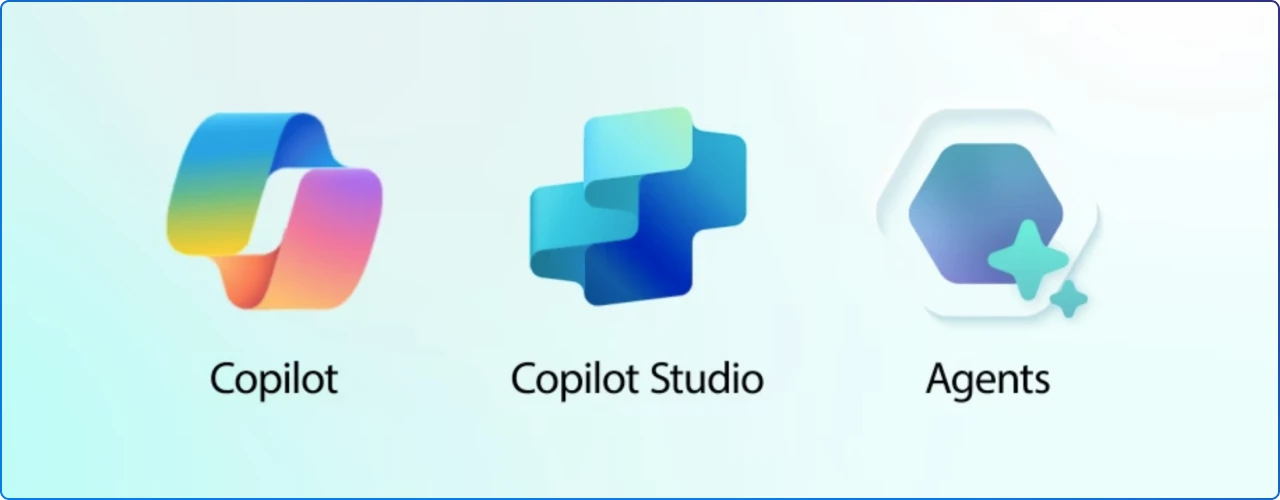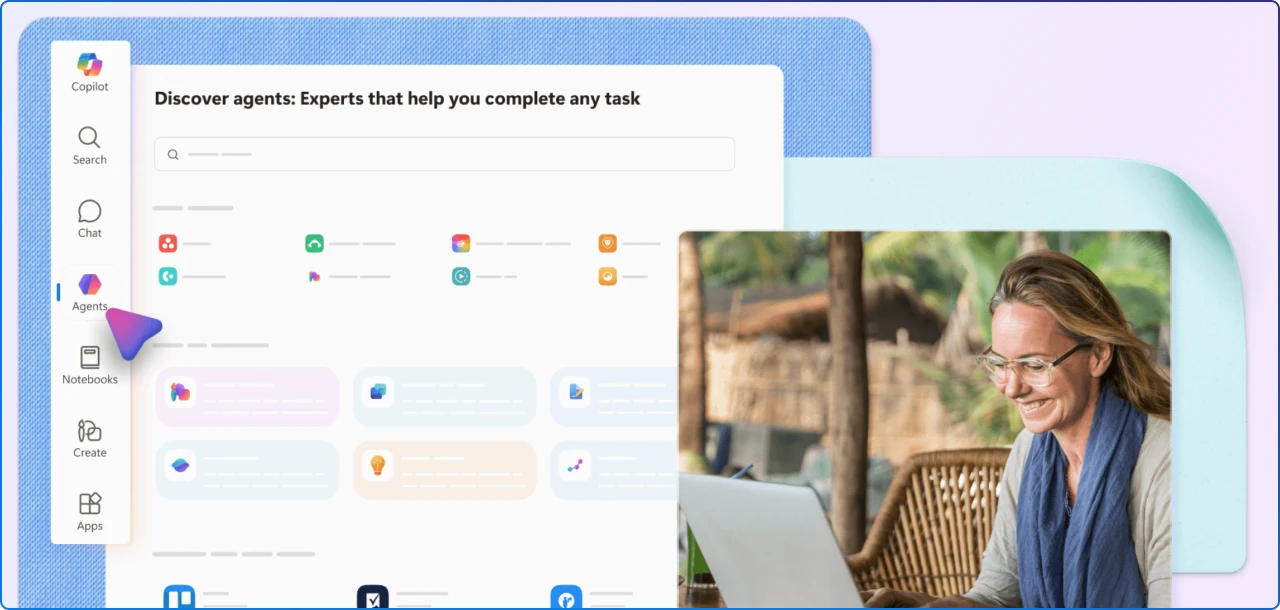

A leading hospitality organization, operating a large portfolio of properties, has always prided itself on delivering exceptional guest experiences. But as their operations grew, so did the complexity of managing daily reservations, recognizing loyal guests, and ensuring front desk teams had the right information at the right time.
In the age of AI and automation, they saw an opportunity to modernize these processes, making them faster, smarter, and more personal.
Enter our team: a group of solution architects, developers, and designers passionate about digital transformation. We were invited to participate in a one-day hackathon, tasked with building a proof-of-concept AI agent that could automate the flow of reservation data and empower staff to deliver VIP treatment to their most frequent guests.

The hackathon project was ambitious. Build an AI agent that could process daily reservation data, identify VIP guests, and notify the front desk so these guests could be welcomed with extra care.
The vision was clear, but the path to get there was anything but straightforward. Our team kicked off the day with a brainstorming session. The customer provided several scenarios, and after discussion, we zeroed in on the challenge of automating the daily reservation report.
The goal was to create a system where, every morning, the front desk would receive a curated list of guests who deserved special attention, frequent visitors or loyalty program members.

As with any hackathon, time was of the essence. But the technical hurdles quickly made themselves known.
Reservation data arrived via email as an Excel file, but it wasn’t formatted as a table, a requirement for automation tools like Power Automate and Copilot. This meant manual formatting before ingestion, adding complexity and risk.
The solution needed to read emails from a shared mailbox, process attachments, and store information in a scalable database. Mapping Excel columns to Dataverse required careful attention to data types and field names.
We encountered issues with data type mismatches (e.g., strings vs. numbers), mailbox configuration, and flow triggers. For example, the “length of stay” field was a string in Excel but needed to be a number in Dataverse, causing the flow to fail until resolved.
With multiple use cases on the table, we spent valuable time deciding which scenario to tackle. In hindsight, having a clear use case defined before the hackathon would have saved time and reduced uncertainty.
Hackathons are a race against the clock. Every minute spent troubleshooting was a minute not spent building. We had to make quick decisions, adapt on the fly, and keep the end goal in sight.

Despite the challenges, our team delivered an initial agent with its framework in place.

The hackathon delivered a working prototype that exceeded expectations:
Every hackathon is a learning experience, and this one was no exception:

This AI Agent Hackathon was a testament to what’s possible when creativity, technical expertise, and a commitment to service come together. We built a solution that not only solved a real-world problem but also laid the groundwork for future innovation.
As this hospitality leader continues to evolve, we’re excited to see how this prototype grows and adapts to meet their needs.
Join Our Newsletter